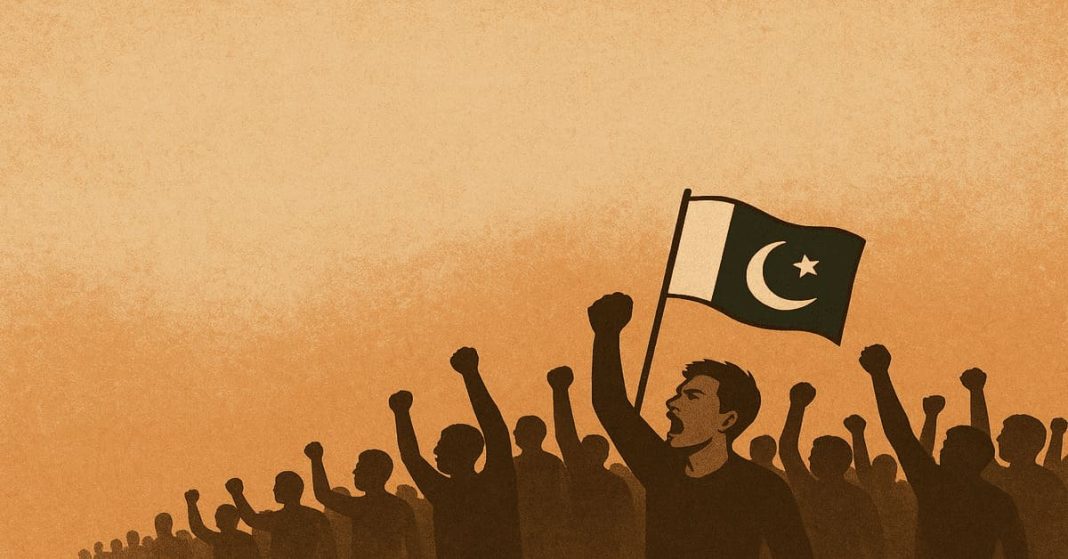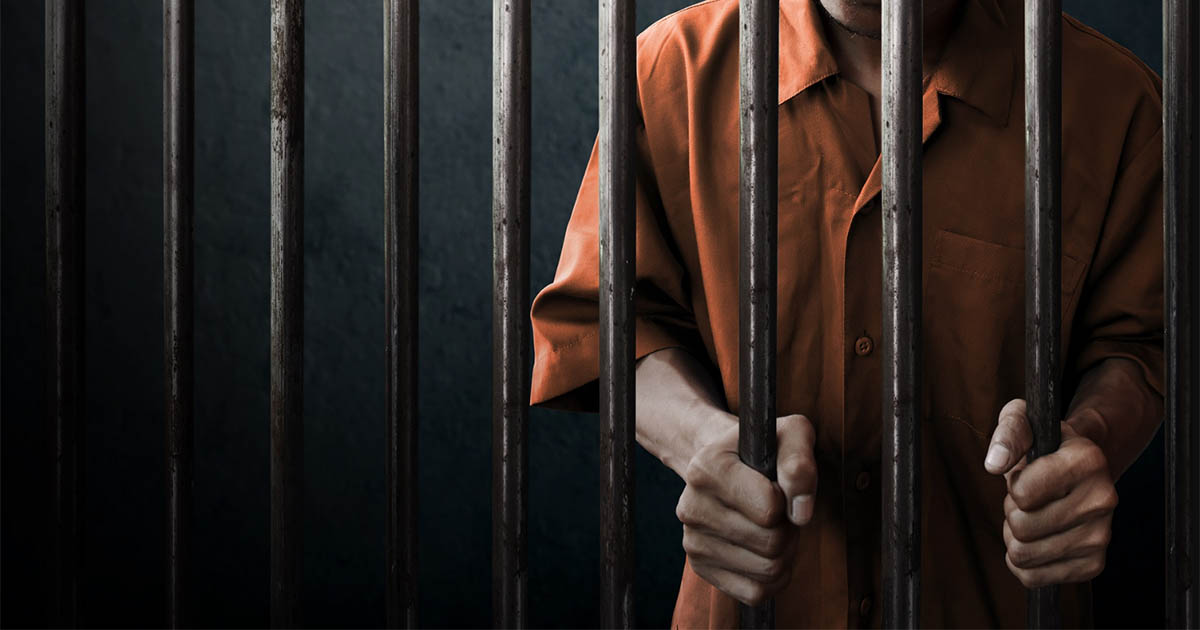The human spirit has always strained toward freedom, across time and borders. To claim otherwise, to say any people are preordained for autocracy or lack the will for self-rule, is a crude misreading of history and a dangerous dehumanization.
Recently, Indian journalist Shekhar Gupta argued in a vlog that Pakistan’s “nation, its ideology, and its sense of being and national pride are pre-designed for military autocracies,” pointing to public passivity when leaders like Imran Khan are jailed. This is not only misplaced but echoes colonial-era tropes that painted entire peoples as unfit for democracy. Indians, above all, should recoil at this narrative given their own history of such branding by imperial powers.
Shekhar Gupta’s Flawed Assertion
Gupta’s argument ignores raw coercion. Pakistan’s security apparatus wields tremendous, brutal muscle capable of crushing any dissent with merciless ferocity, shielded by Western countries that claim guardianship of human rights. Expecting spontaneous uprisings against such a juggernaut is not just unrealistic—it is callously insensitive to those living under the boot of oppression.
Yet Pakistanis have repeatedly defied repression, not only under current rulers but against past dictatorships too. History is littered with their acts of defiance. On February 8, 2024, despite mass arrests, mobile blackouts, and bans on party symbols, over 61 million voters, including many PTI supporters, braved obstacles to cast ballots. The stunning upset by PTI-backed independents came despite widespread rigging, as later exposed by a leaked Commonwealth observer report suppressed by the Commonwealth secretariat at the behest of the Pakistan regime to mask the flagrant subversion of the people’s will.
Defiance in Pakistan’s Recent Struggles
Defiance mounted again on November 26, 2024, when thousands marched on Islamabad in a “do or die” sit-in for Khan’s release. Breaking through barricades, they faced a dark midnight crackdown with live rounds fired, killing and wounding many. Reports suggest that 4,000 to 5,000 PTI supporters were subsequently arrested in preemptive sweeps to choke off further dissent; a chilling testament to the regime’s dread of popular resolve.
These are not outliers but proof that people are unwilling to submit, no matter the cost.
History offers no shortage of parallels. In Soviet-era Eastern Europe, Czechoslovakia and Hungary yearned for freedom, yet were met by tanks and secret police. The 1968 Prague Spring and 1956 Hungarian Uprising were crushed, but no serious analyst suggests these people lacked democratic desire. They were subdued by force, waiting for the Soviet edifice to collapse under its own contradictions.
This pattern echoes worldwide. Under Pinochet, Chileans faced disappearances yet voted against the dictatorship in 1988. Black South Africans endured apartheid’s violence yet triumphed in democracy in 1994. The lesson: no people naturally prefer tyranny. The thirst for self-governance is a human constant, often submerged beneath layers of state violence.
Economist Daron Acemoglu crystallizes this argument historically. Early seeds of democracy sprouted not in elite parlors but from illiterate workers, farmers, and artisans in British North America’s colonies, demanding representation and accountability . This impulse spans education, culture, and geography. To suggest otherwise, as Gupta risks, implies that some people are less human in aspiration.
Silence as Survival, Not Submission
This colonial tactic is hauntingly familiar. Powers justified their rule by deeming colonized peoples unfit for self-rule. The British dismissed India as too divided and chaotic to govern itself. India’s 1947 independence, won through decades of struggle, was a stark rejection of such condescension.
Gupta, an Indian commentator, carries a particular responsibility. To recycle such logic against Pakistanis is not only disappointing, it betrays the very principles India’s freedom fighters fought for.
The idea that Pakistanis uniquely acquiesce to dictatorship ignores brutal coercion. In authoritarian contexts, resistance means imprisonment, disappearance, or death. Survival often demands silence, which is not a failure of character but a rational response to overwhelming power. Framing it otherwise slips into colonial narratives that dehumanize entire races as less capable of the universal yearning for freedom.
Read more: Saudi-Pak Defense Pact: Islamic Bomb for Petro-dollars, Ummah’s Grand Alliance or A New Joke?
Claim of Shekhar Gupta that Pakistanis do not “feel secure under civilian leaders they elect” is especially galling. It strips millions of agency, ignores those who voted for Khan, those who marched under fire, and countless silenced by fear, not indifference. To paint Pakistanis as deficient in desire for democracy is to ignore their defiance, perpetuating a lazy colonial stereotype: some people are born for rule, not choice. This is a disgraceful betrayal of the universal human spirit, one that Gupta should reject with the humility India’s own journey demands.
The Human Instinct for Democracy
All people want representation. From illiterate 17th-century colonists in America to the oppressed in modern Pakistan, democracy is instinct, not a cultural quirk. To refute this, oversimplifies nuanced realities and echoes bigotry from a cruel past. Pakistanis deserve better than reductive stereotypes. Their silence is not consent; it is survival. And history bends toward freedom, as the human spirit, unbroken by repression, rises to claim its place.
Sword cuts through the fog,
Freedom’s heart beats in all souls,
Truth outlives the chain.
Miyamoto Musashi carves through the chaos of markets and power, wielding a pen as sharp as his blade. A veteran of the financial dueling grounds, decades spent as an I-banker and pol. Strategist, he now stalks the shadows of economics and governance, exposing cowardice and cutting down complacency.














